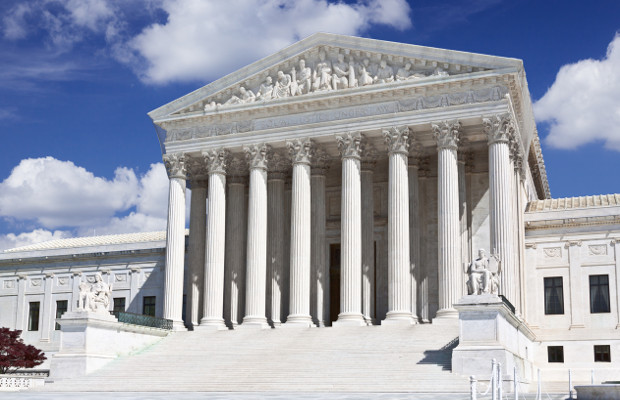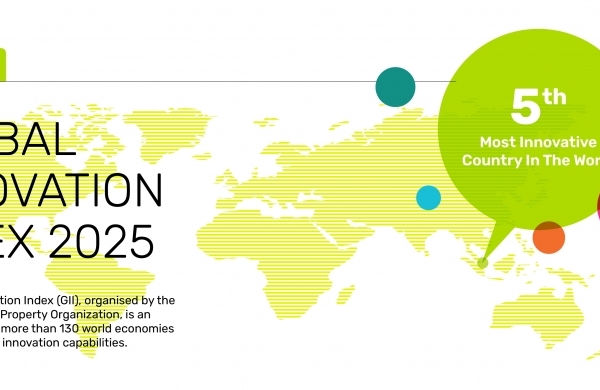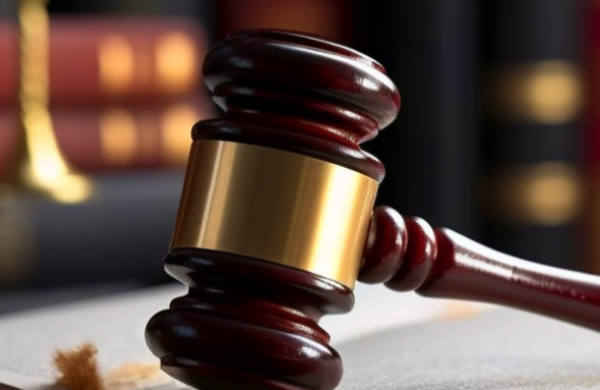Did not receive verification mail? Please confirm whether the mailbox is correct or not Re send mail

dora
- 2018-04-27 10:35:16
US Supreme Court holds IPRs to be constitutional

Inter partes reviews (IPRs) do not violate the US Constitution and the Patent Trial and Appeal Board has authority to invalidate patents.
This is the holding of the US Supreme Court, which handed down its decision in Oil States Energy Services v Greene’s Energy Group today.
In June last year, the court granted Oil States’ petition for certiorari.
Oil States, a provider of services to oil and gas companies, had claimed that the IPR process at the US Patent and Trademark Office (USPTO) violates the right to a jury in an Article III court (a federal court established under Article III of the US Constitution).
The service provider added that although in certain situations non-Article III tribunals may exercise jurisdiction over disputes involving “public rights”, this doesn’t apply to IPRs because patents are private property rights.
The Supreme Court asked the government to weigh in—Noel Francisco, the acting solicitor general, submitted a brief on behalf of the US government in October 2017.
“Consistent with longstanding practice, the Patent Act authorises USPTO examiners within the executive branch to determine in the first instance whether patents should be granted. That allocation of authority is clearly constitutional,” he said.
Siding with the US government, in a 7-2 opinion, the Supreme Court rejected Oil States’ argument and found that patents are “public” rights, not “private” in an IPR context.
“The primary distinction between IPR and the initial grant of a patent is that IPR occurs after the patent has issued. But that distinction does not make a difference here,” said the court.
Oil States also claimed that under the Seventh Amendment to the US Constitution, patents, once granted, can be invalidated only by a jury trial.
“IPR takes a patent infringement claim out of the jury’s hands and entrusts it to bureaucrats,” according to the company.
Again, the Supreme Court rejected Oil States’ argument.
“This court’s precedents establish that, when Congress properly assigns a matter to adjudication in a non-Article III tribunal, ‘the Seventh Amendment poses no independent bar to the adjudication of that action by a nonjury factfinder’,” explained the court.
In a dissenting opinion, Justice Gorsuch said: “Today, the government invites us to retreat from the promise of judicial independence.”
Until recently, he said almost everyone considered an issued patent a personal right—“no less than a home or farm—that the federal government could revoke only with the concurrence of independent judges”.
Gorsuch added that the director of the USPTO is a political appointee who “serves at the pleasure of the President”.
“Today’s decision may not represent a rout but it at least signals a retreat from Article III’s guarantees,” he concluded.
Chief Justice Roberts joined the dissent.
Christopher Kise, partner at Foley, argued the case on behalf of Greene Energy. He said that the court’s decision was great news for American business and industry.
“Actual innovators and productive businesses such as Greene’s Energy can now rest assured this important facet of our system will be retained, and the burden imposed by non-practising entities will be minimised,” he added.
Source: WIPR website
Editor: dora
- I also said the two sentence
- Also you can enter 140words
 TOP IPR U.S. Lawyers 10 & Firms 10 Selection Officially Launched by IPR Daily
TOP IPR U.S. Lawyers 10 & Firms 10 Selection Officially Launched by IPR Daily WIPO Global Innovation Index 2025: China Enters Top 10
WIPO Global Innovation Index 2025: China Enters Top 10 Singapore ranks 5th in the 2025 Global Innovation Index; climbed two spots in Innovation Outputs
Singapore ranks 5th in the 2025 Global Innovation Index; climbed two spots in Innovation Outputs Federal Circuit lacks jurisdiction over award that doesn’t raise issue of patent law
Federal Circuit lacks jurisdiction over award that doesn’t raise issue of patent law


